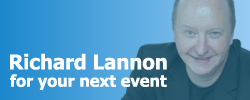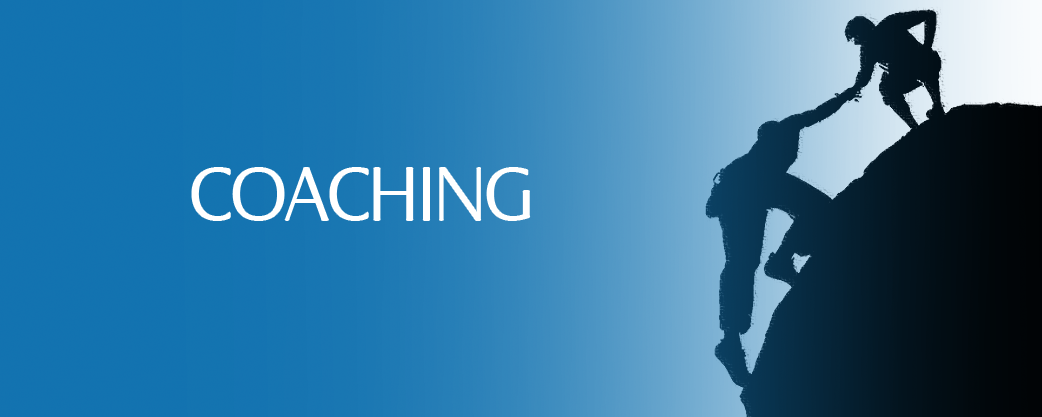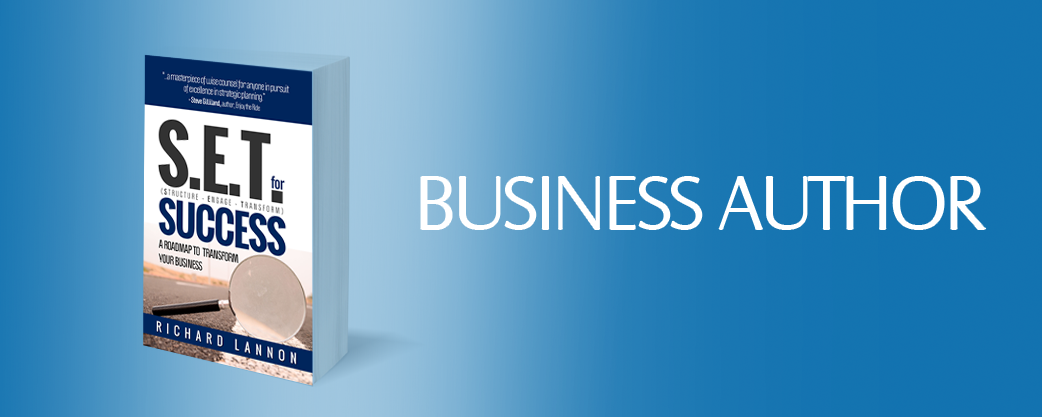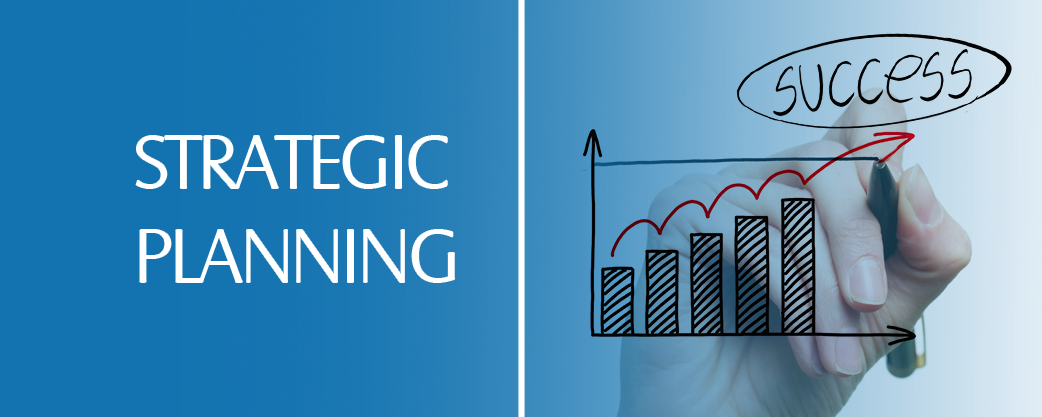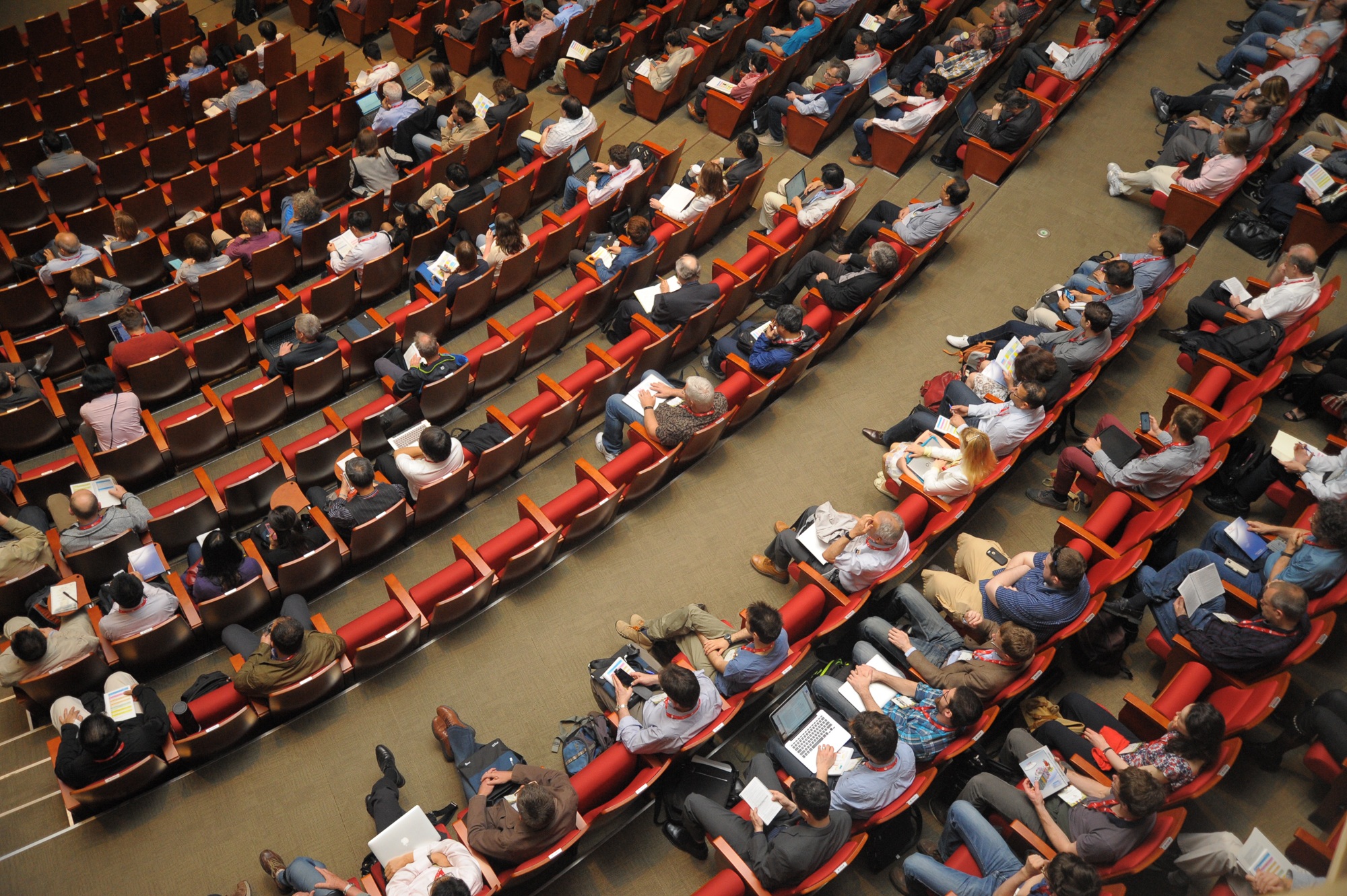 Recently, I presented one of my most popular keynotes, People and Group Dynamics – the Characters in the Room Part A, to a large group of Business Analysts and Project Managers. The room was packed. I was pumped, excited and into working with the crowd.
Recently, I presented one of my most popular keynotes, People and Group Dynamics – the Characters in the Room Part A, to a large group of Business Analysts and Project Managers. The room was packed. I was pumped, excited and into working with the crowd.
I was there early and opened the presentation with high energy pre-session interaction, getting the group to do voice testing, shaking hands, giving everyone a bookmark and getting pre-session thoughts from some people before we even started. I did this to set the tone of the presentation, to make a connection with people, and to get participants thoughts, ideas and to set some expectations. When I don’t do some form of pre-session opener or exercise sometimes the group just doesn’t gel and the presentation does not go the way I planned. This can especially happen in some formal presentations with more senior audiences. It is not a good thing when you don’t connect immediately with your audience and deliver substance fast.
Here are six insights to help you connect with people in meetings, workshops and group interactions.
Anchored in Audience Direction: I have noticed having a great sponsor with keen insight, who can provide you excellent information, is key to killing-it when it comes to audience understanding, preparation, and being your best. So your best to find out everything you can prior to preparing your presentation.
Your Preferred Audience is Key: This is one of those areas that can hunt you if you don’t have it right. There are some audiences that when I show up I am in among my people. The audience fits like a glove. There are other audiences where that might not be the case. When I use the word audience here I don’t just mean audience from a stage. I mean your peeps, the groups you hang with and the ones you get and they get you. I have two audiences, primary and secondary. I often find one thinks they know it all and the other is hungry to know more. My point, think about who you are serving.
Poorly Structured: I see this often in meetings and other types of presentations. When I attend conferences I make a point of just stepping into other presenters presentations for just a short while. I like to see if I can gleam a point from them and then quote them in my presentation. Unfortunately what I often see is the over use of slides, too many words on the screen, forced completion, or engaging people with the wrong questions. Follow a formula; openly engage, state the problem, use a story or example, ask and/or offer solutions, summarize and move on, repeat, overall summary, close.
Go off Topic: I love to improvise during presentations, especially if I get the audience engaged early and I have a solid structure. But improving does not mean going off topic. You can quickly think on your feet, improvise and stay on topic. Sometimes you get derailed by one person taking over or people engaging in their own conversations. The key is to move in quickly, engage these people back to target topic and move on.
Ripple Effects: This is one thing that always concerns me. You see ripple effects are the things that can cost you positively or negatively in relationship and reputation. If you host a great meeting, workshop or facilitated session then the word gets out there a little bit. But if you run a one bad program you can be exiled. For employees it shows up on your performance reviews and for independents, the sponsor won’t return your calls, whether they are a CEO, a HR Manager or a Meeting Planner. The relationship component is all about meeting people’s expectations. Negatives include feeling cheated, frustrated, and angry or any other combination. Reputation costs bigger because all it takes is one person to roll their eyes and the next people states that it was a bad session. The gossip mill will get you. That is why you need great direction a head of time, excellent insight and feedback, rounded feedback and a formal debrief.
Related Article: 9 Known Group Characteristics Present
during Facilitated Planning Sessions and Meetings
Where I Like to Start: When working with a group, whether it being a meeting, a workshop or facilitated event I like to start with two short questionnaires. One questionnaire is for the meeting planner and the other is for the audience. The audience or meeting participant’s questionnaire has five simple questions. What is the definition of (the topic in one word), who are you/we as a team, what are the rules of engagement, why are we meeting, and what do you hope to achieve.
These questions I find are some of the most important questions I have asked teams when they are coming together to discuss something. The first question the participants demonstrate their understanding of the topic, the next two questions provide insights and set self governing rules for the participants that they own, the final two questions tells me if people are aligned, understood the purpose, received appropriate communications and outcomes required. For some meetings and facilitated sessions if this step is skipped then alignment and proper communications may not be achieved. That creates a negative ripple effect. Unfortunately, sometimes you are asked to do something without the right amount of time to do this level of preparation.
Honestly, if everyone likes what you say something is wrong with your message. Ashley Ormon Click To Tweet
Final Thoughts
In this blog I wanted to provide some insight into things to consider when hosting a meeting, workshop, discussion of facilitated session. I know for me there have been times where I nail the presentation and session and other times I missed something. I do find that when I miss something it usually has something to do with poor communications or directions, inadequate pre-session participant feedback, inappropriate material selection and preparation, or even just being sick or off that day. It happens. Here’s the thing, if your meetings or sessions go well you are a hero but if goes wrong you can become an outcast. If anything that I can say on this topic, no matter what, focus on the right preparation process and always find a way to connect with your audience.
Do your best, invest in the success of others and make your journey count, Richard

